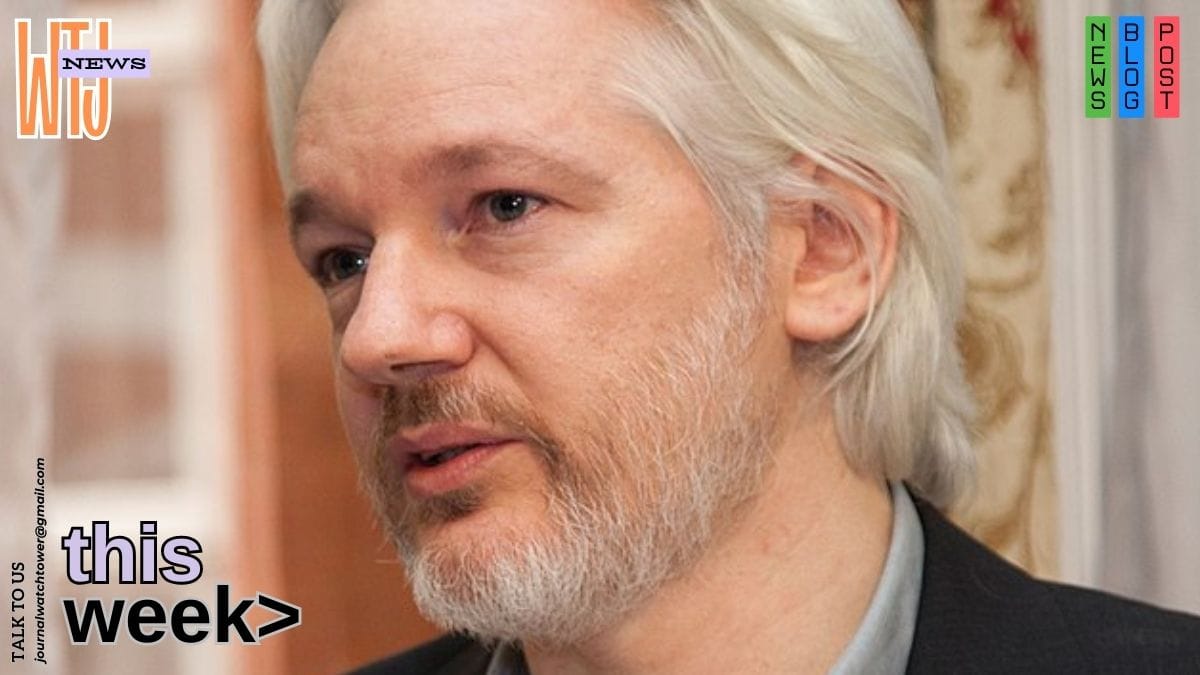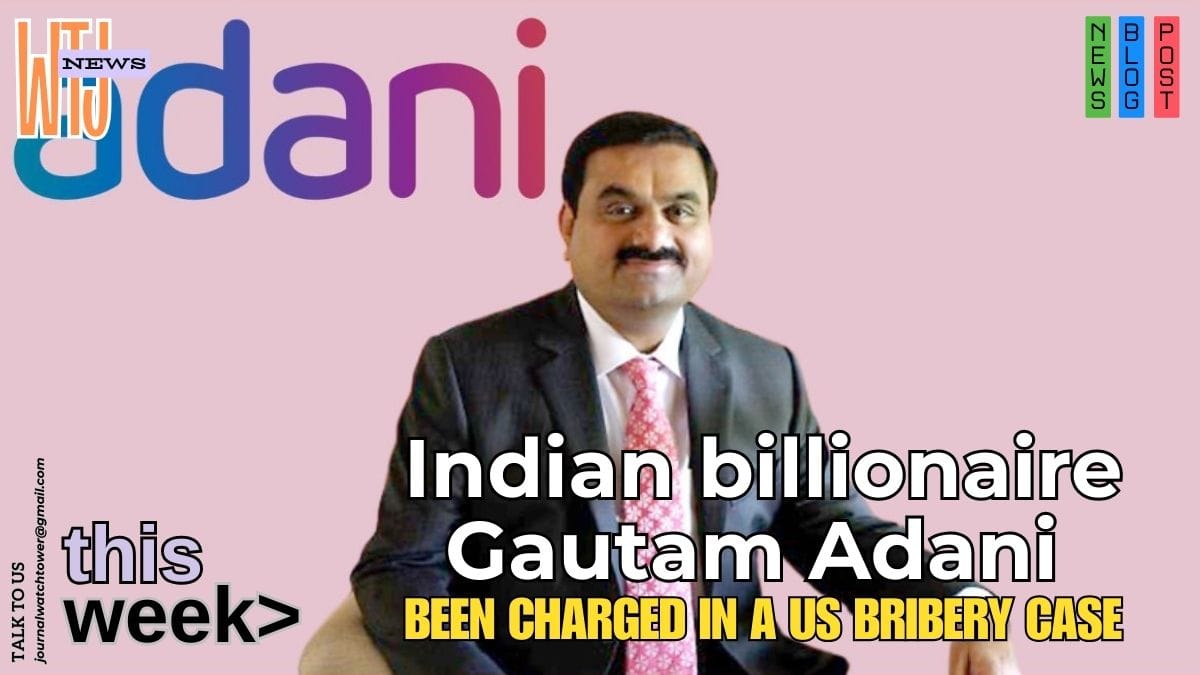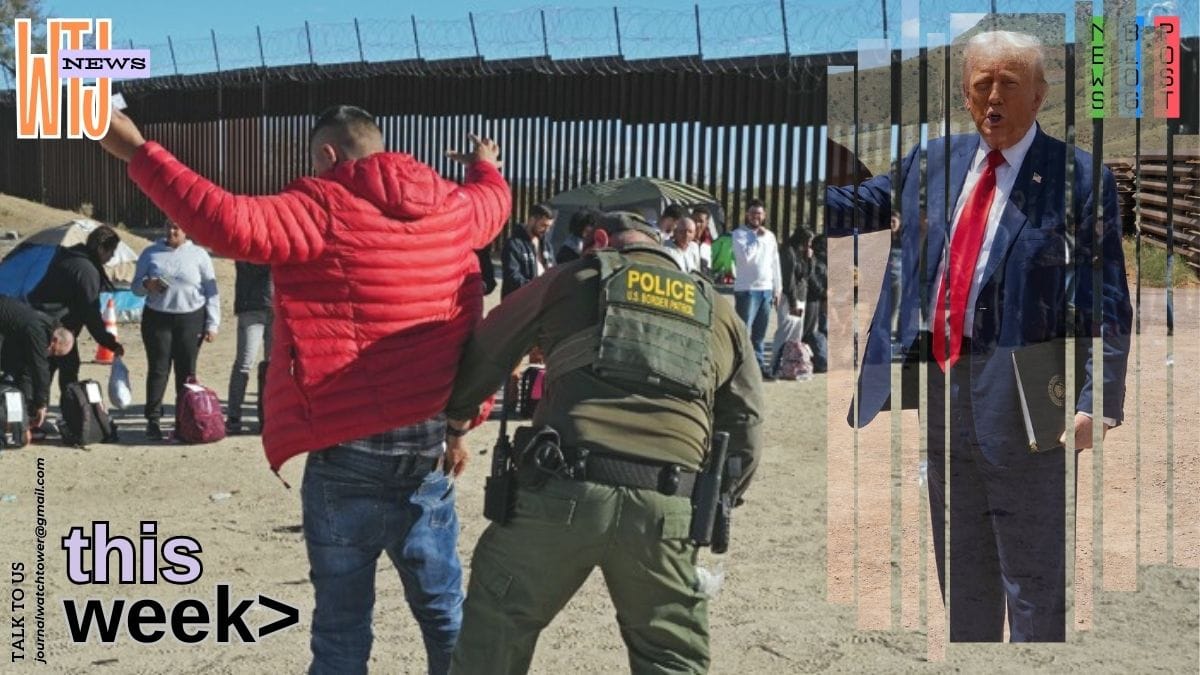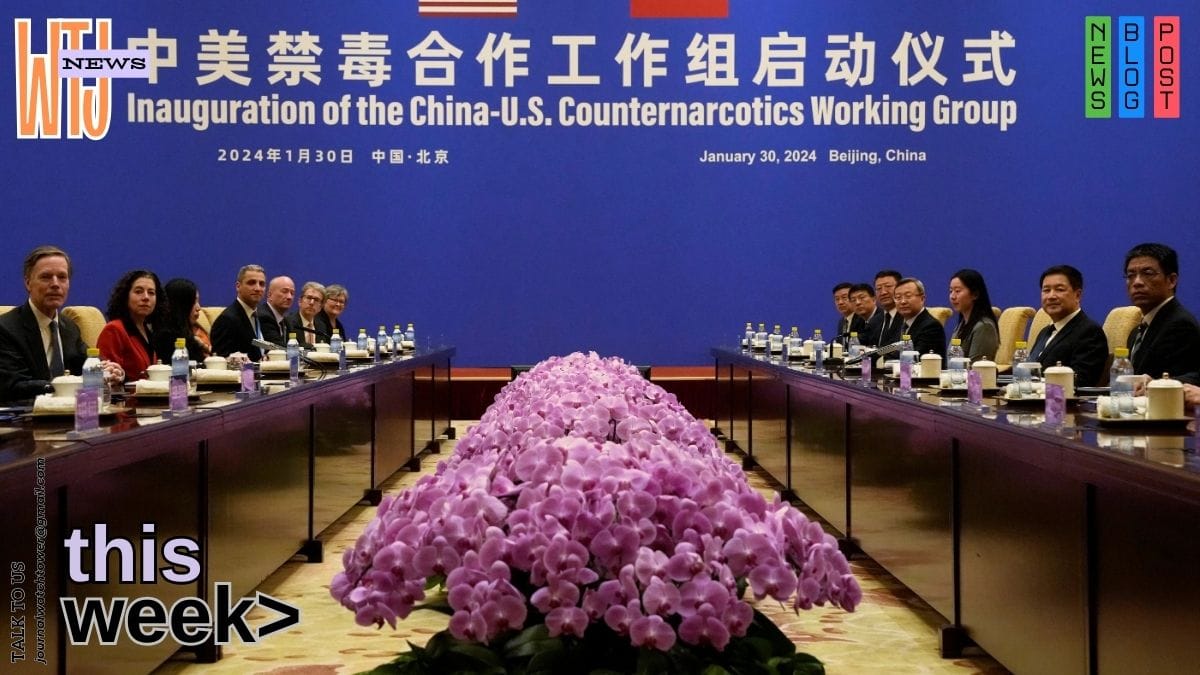The Julian Assange Case: Implications for Press Freedom and the Espionage Act
The case of Julian Assange, founder of WikiLeaks, has been one of the most contentious legal sagas of the 21st century. Spanning over a decade, it has ignited global debates about the balance between national security and press freedom. This issue reached a critical juncture in 2024 when Assange, after years of detention and legal battles, pled guilty to charges under the U.S. Espionage Act in a deal that allowed him to return to his home country, Australia. Despite his release, the implications of his plea continue to spark controversy, prompting bipartisan calls for a presidential pardon.
This article delves into the key aspects of the Assange case, examining its legal and political implications, the concerns raised by lawmakers and press freedom advocates, and the broader impact on journalism and whistleblowing in democratic societies.
I. The Background: Assange’s Legal Journey
Julian Assange’s legal troubles began in 2010 when WikiLeaks published a trove of classified U.S. government documents, including information on the wars in Iraq and Afghanistan, as well as diplomatic cables. These disclosures, provided by whistleblower Chelsea Manning, exposed war crimes, human rights abuses, and the inner workings of U.S. diplomacy.
The U.S. government responded by charging Assange under the Espionage Act of 1917, accusing him of obtaining, retaining, and disseminating classified information. This marked the first time the Espionage Act, traditionally used against spies and leakers, was applied to a publisher. Assange’s subsequent legal journey included asylum in the Ecuadorian Embassy in London, extradition proceedings, and prolonged detention in a UK prison.
In 2024, Assange entered a plea deal with the U.S. Department of Justice. He pled guilty to felony charges under the Espionage Act, avoiding further incarceration and securing his return to Australia. However, this resolution has not quelled concerns about the broader ramifications of his case for press freedom.
II. The Bipartisan Call for a Pardon
On November 1, 2024, U.S. Representatives James McGovern (D-MA) and Thomas Massie (R-KY) sent a letter to President Joe Biden, urging him to pardon Assange. The bipartisan appeal reflects growing concern that the prosecution of Assange sets a troubling precedent for journalists, publishers, and whistleblowers.
A. Concerns About the Espionage Act
McGovern and Massie’s letter highlighted the risks posed by the Espionage Act’s broad language. Section 793, which criminalizes obtaining, retaining, or disclosing sensitive information, lacks safeguards for journalists and publishers. While the Obama administration declined to prosecute Assange, citing concerns about press freedom, subsequent administrations pursued the case, raising fears of its potential misuse against journalists covering national security.
B. Protecting Press Freedom
The lawmakers argued that a pardon would signal a commitment to press freedom and democracy. They aligned with press freedom advocates, such as Jodie Ginsberg of the Committee to Protect Journalists, who stated that Assange’s prosecution “set a harmful legal precedent” by making journalists vulnerable to charges for receiving classified material.
C. International Advocacy for a Pardon
Assange’s case has also drawn significant international attention. Australian Prime Minister Anthony Albanese has consistently advocated for a resolution, and Assange’s family continues to campaign for his pardon. Advocacy groups argue that a pardon would rectify what they see as a grave injustice and reaffirm the United States’ commitment to democratic values.
III. The Broader Implications of Assange’s Case
The resolution of Assange’s legal battle raises important questions about the intersection of national security, press freedom, and whistleblowing.
A. Press Freedom and Investigative Journalism
The use of the Espionage Act against a publisher has set a dangerous precedent. Journalists often rely on leaked information to expose government wrongdoing, particularly in areas like national security, where transparency is limited. The Assange case risks deterring such reporting by creating the possibility of criminal prosecution for publishing classified material.
B. Chilling Effect on Whistleblowers
Assange’s prosecution is part of a broader crackdown on whistleblowers. Figures like Chelsea Manning, Edward Snowden, and Reality Winner have faced severe consequences for exposing government misconduct. By prosecuting those who facilitate the dissemination of such information, governments may discourage individuals from coming forward with evidence of wrongdoing.
C. The Role of the Espionage Act
The Assange case has reignited calls for reform of the Espionage Act. Critics argue that the law, enacted during World War I, is ill-suited for the modern era of digital journalism and whistleblowing. Legislative reforms could clarify the boundaries of its application and ensure protections for journalists and whistleblowers acting in the public interest.
IV. Diplomatic and Political Dimensions
A. Impact on U.S.-Australia Relations
Australia has been a vocal advocate for Assange, with Prime Minister Albanese urging the U.S. to bring the matter to a close. A pardon could strengthen diplomatic ties between the two allies and demonstrate responsiveness to international concerns.
B. Biden Administration’s Legacy
As President Biden approaches the final stretch of his presidency, his decision on Assange’s pardon could significantly shape his legacy. A pardon would align with his administration’s stated commitment to democracy and press freedom, differentiating him from predecessors who pursued Assange’s prosecution.
C. Balancing National Security and Democracy
Biden’s decision will also reflect his administration’s stance on balancing national security with democratic values. While some may view a pardon as undermining accountability for handling classified information, others argue that it would reaffirm the importance of government transparency and accountability.
V. Advocacy for Reform
The Assange case has galvanized calls for broader reforms to protect press freedom and whistleblowers. Advocacy groups and legal experts have proposed measures such as:
- Espionage Act Reform: Introducing exemptions for journalists and whistleblowers acting in the public interest.
- Strengthening Whistleblower Protections: Expanding legal protections for individuals who expose government misconduct.
- Promoting Transparency: Ensuring greater transparency in government operations to reduce the need for leaks.
Conclusion: The Path Forward
The case of Julian Assange is not just about one individual but about the fundamental principles of democracy, press freedom, and government accountability. A presidential pardon would not only rectify what many see as a miscarriage of justice but also send a powerful message about the United States’ commitment to these principles.
As the campaign for a pardon intensifies, the Biden administration faces a pivotal decision. Granting clemency to Assange could prevent the harmful precedent set by his prosecution, bolster international confidence in U.S. democratic values, and protect the vital role of journalists in holding governments accountable.
The outcome of this case will resonate far beyond Assange himself, shaping the future of investigative journalism, whistleblowing, and the global discourse on press freedom in the digital age.




